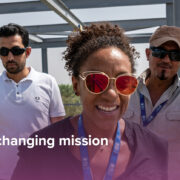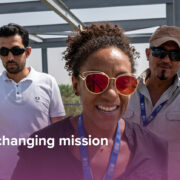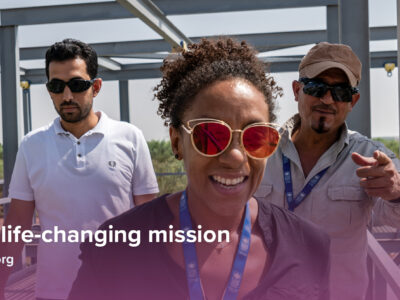Education and certification:
- Master’s degree or equivalent in Development Economics, Gender Studies, International Development, Peace and Humanitarian Studies or any other relevant field;
- A first-level university degree in combination with 2 additional years of qualifying experience may be accepted in lieu of the master’s degree;
- A project/programme management certification (such as PMP®, PRINCE2®, or MSP®) would be an added advantage.
Experience:
- At least 5 years of progressively responsible experience in programme management, including programme design, programme coordination, monitoring and evaluation, donor reporting and capacity building;
- Experience in the development and promotion of policy reform in one of the following areas: gender and women, peace and security, humanitarian action, socioeconomic recovery in post-conflict and humanitarian contexts, technical and vocational education, and training, business development support;
- Experience in coordinating, implementing, and monitoring humanitarian and development programmes;
- Proven experience in leading teams effectively;
- Proven experience with the use of gender analysis of socioeconomic situations and emergencies.
Language Requirements:
- Fluency in English is required;
- Working knowledge of Korean and/or Portuguese is a strong advantage.
Please note that applications without a completed and signed UN Women P-11 form will be treated as incomplete and will not be considered for further assessment. UN Women Personal History form (P-11) can be downloaded from https://www.unwomen.org/sites/default/files/2022-07/UN-Women-P11-Personal-History-Form-en.doc
Note:
In July 2010, the United Nations General Assembly created UN Women, the United Nations Entity for Gender Equality and the Empowerment of Women. The creation of UN Women came about as part of the UN reform agenda, bringing together resources and mandates for greater impact. It merges and builds on the important work of four previously distinct parts of the UN system (DAW, OSAGI, INSTRAW and UNIFEM), which focused exclusively on gender equality and women’s empowerment.
Diversity and inclusion:
At UN Women, we are committed to creating a diverse and inclusive environment of mutual respect. UN Women recruits, employs, trains, compensates, and promotes regardless of race, religion, color, sex, gender identity, sexual orientation, age, ability, national origin, or any other basis covered by appropriate law. All employment is decided on the basis of qualifications, competence, integrity and organizational need.
If you need any reasonable accommodation to support your participation in the recruitment and selection process, please include this information in your application.
UN Women has a zero-tolerance policy on conduct that is incompatible with the aims and objectives of the United Nations and UN Women, including sexual exploitation and abuse, sexual harassment, abuse of authority and discrimination. All selected candidates will be expected to adhere to UN Women’s policies and procedures and the standards of conduct expected of UN Women personnel and will therefore undergo rigorous reference and background checks. (Background checks will include the verification of academic credential(s) and employment history. Selected candidates may be required to provide additional information to conduct a background check.











Comments